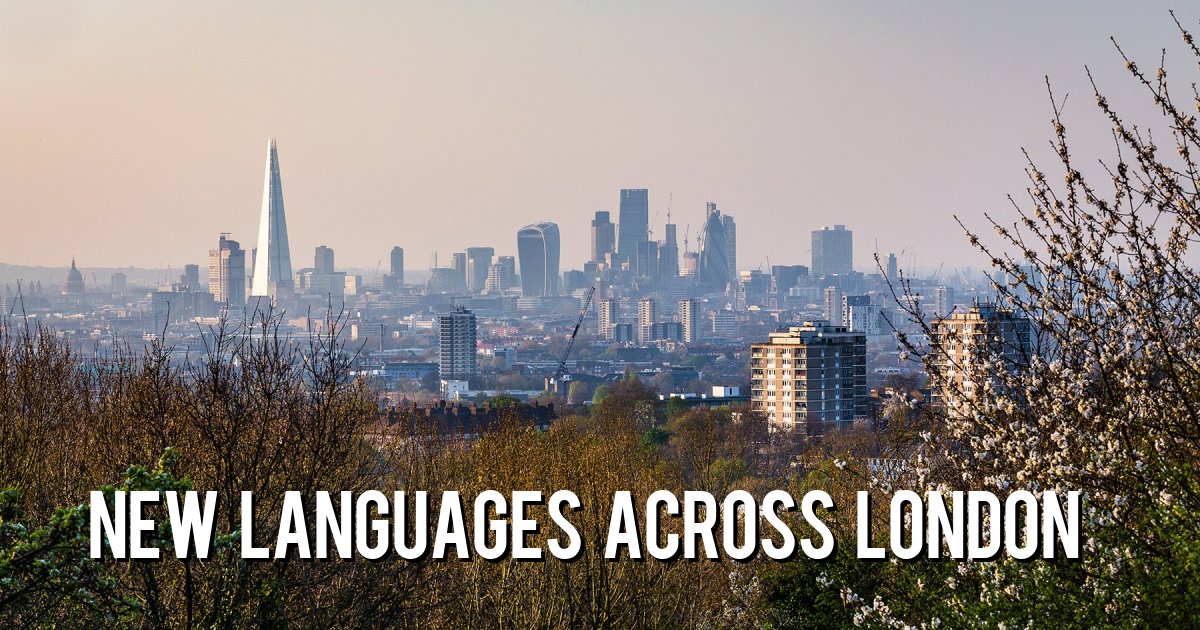Translators and Interpreters have long seen how languages have evolved over the years to include new words, new cultural references and nuances. Our translators have always kept pace with these changes in order to deliver truly accurate and contextually precise translations.
In recent times, London has seen the emergence of a new language that shows this cultural unity at work. Known as Multicultural London English, or MLE, it has evolved during the late twentieth century in some areas on London. Some studies believe the language has evolved from a complex interaction of communities of widely differing backgrounds. It appeared that, the more diverse the social network of a young person is, the more likely they are to speak MLE.
What Languages Help Form MLE?
As we have mentioned, the origins of MLE are complex. Many originally considered the basis to have been from Jamaican decent and indigenous London dialects. However, it appears that this is unlikely to be the end of the story. Further investigations suggest that there are other influences at work, these include:
- Indian subcontinent
- Africa
- Caribbean creoles
With so many cultural backgrounds blended with the English influences, a Translator or interpreter will need to understand the context, areas and youth groups in which the language is being spoken. This could present a challenge as the language itself is so new. However, translators are always more than happy to accept the challenge of learning the nuances of languages to help them in their work.
Examples of MLE Words
To help illustrate how this modern language has evolved and changed the wording used, we have some examples below of the new words and meanings in MLE:
- Bait – obvious or clear to see
- Booky – suspicious or strange
- Peak [piːk] - serious or unfortunate
- Shook – scared
- Cunch - the countryside or any small town outside London
There are many, many more examples of how verbs, nouns, pronouns and adjectives have all changed and evolved with MLE, so the translator will need to keep up-to-date on the language before attempting the translation.
The language itself is not currently widely used, as the name suggests it is mainly London, more specifically London youth, who uses MLE. However, if history has taught us anything about languages, it is that words and their new meanings can be easily adopted across the wider population and become used in their everyday language.
Here at Romo Translations, we pride ourselves on keeping up-to-date with languages and new versions of them, so we will watch MLE with great interest and are excited to see how it continues to change.
